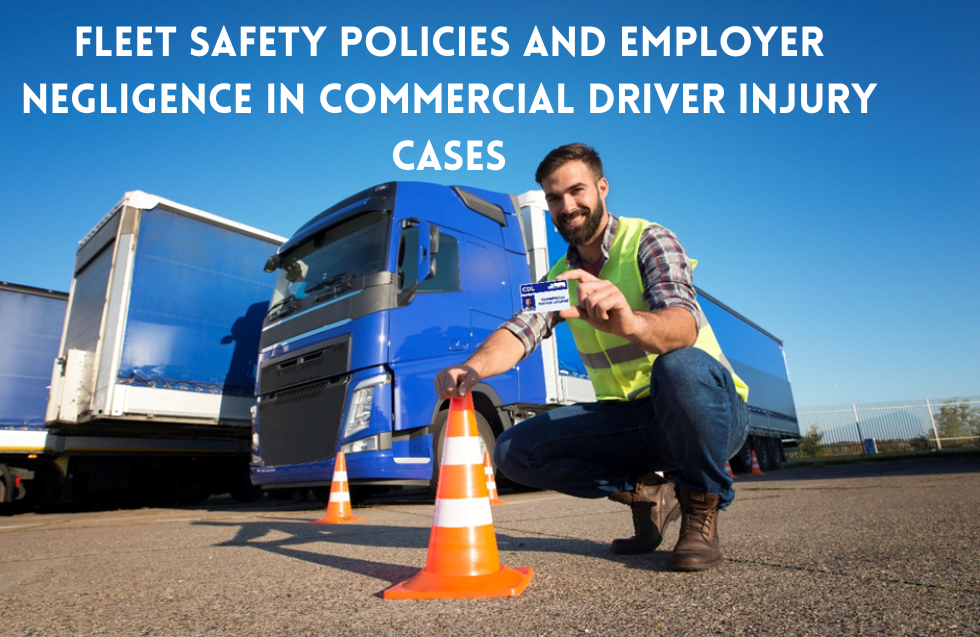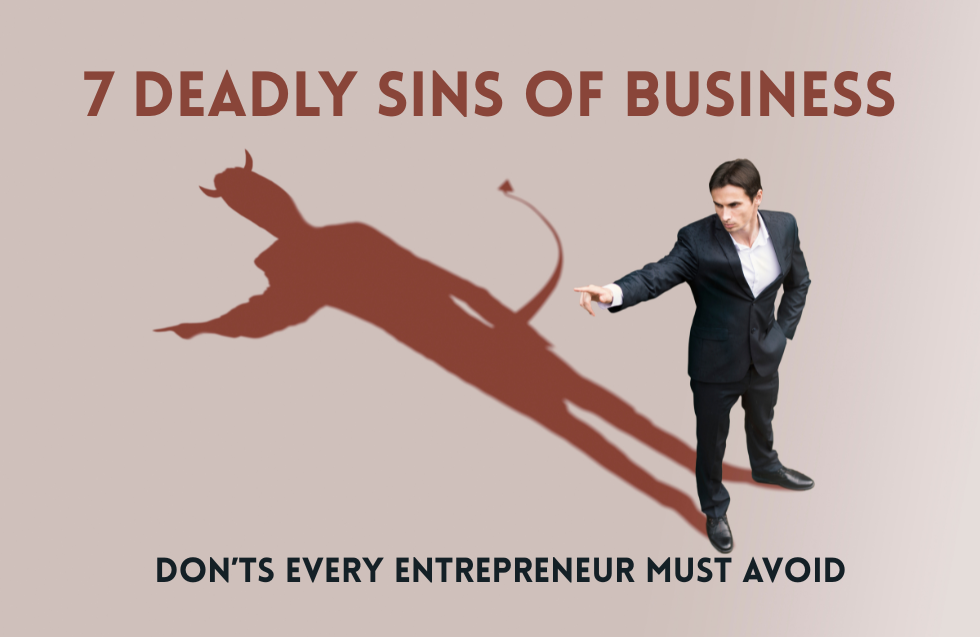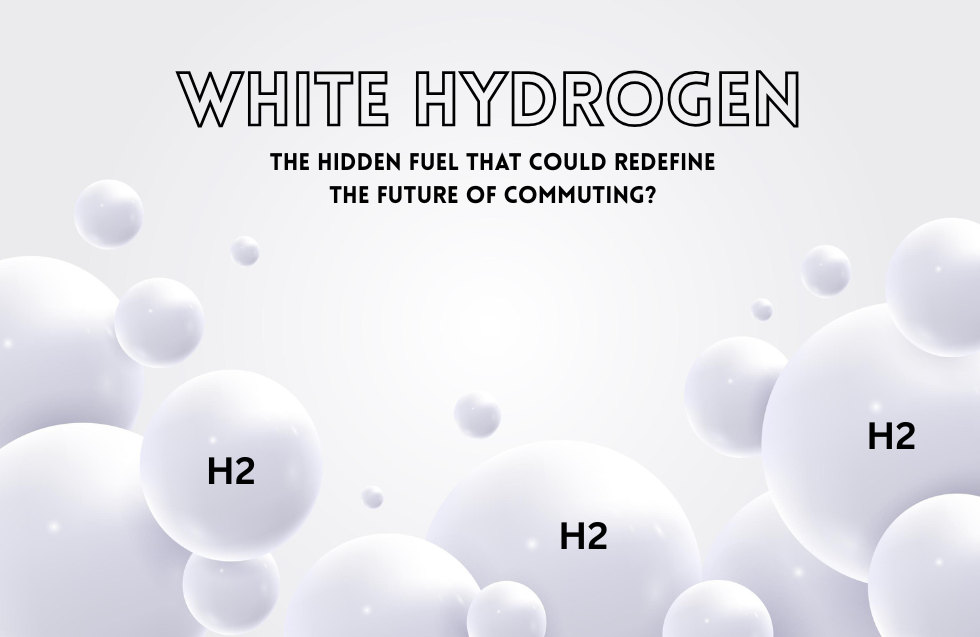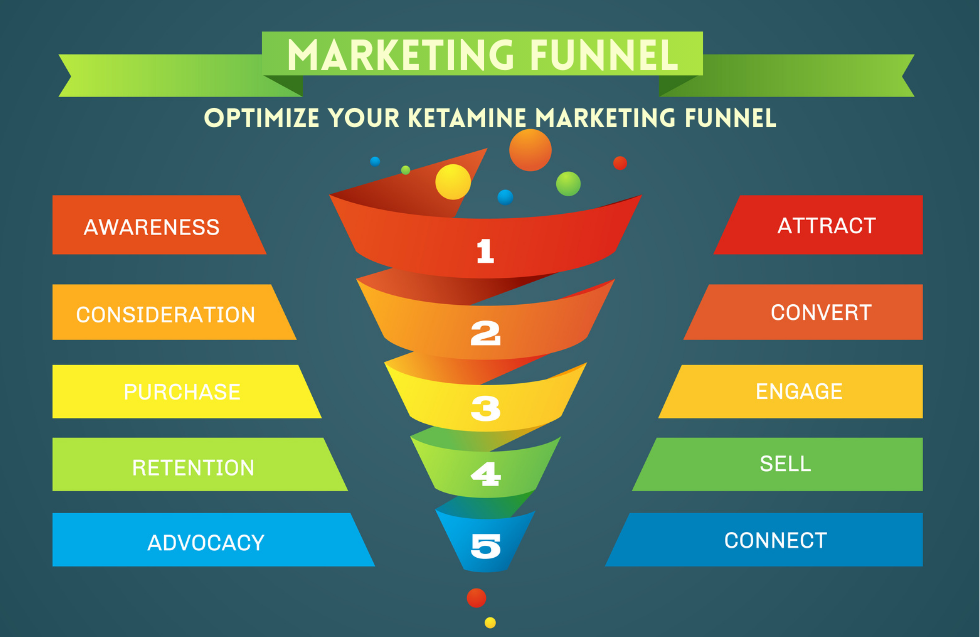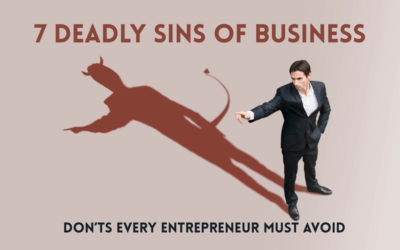If you were hurt in an accident involving a commercial vehicle like a delivery truck, garbage truck, or freight hauler, you have to know that you’re not without rights. Originally, you were supposed to be protected by safety policies. They are the rules and procedures companies put in place to protect drivers and reduce accidents.
When these safety policies are followed closely, the chances of injury or accidents go down significantly. When employers fail to enforce proper safety standards for their fleet drivers or when they cut corners to save money or meet deadlines, they can be held legally responsible.
In fact, many victims don’t realize that it’s often not just the driver who caused the crash; it’s the company behind them. If you’ve been injured in a commercial driving accident, it’s important to know what safety policies the drivers flaunted. Understanding this can help you get the right support and compensation.
How Does Employer Negligence Happen in Commercial Driving?
Employer negligence in commercial driving can show up in different ways, and it usually comes down to cutting corners or ignoring safety rules. For example:
- If the company doesn’t give enough training, drivers might not know how to react in dangerous situations like bad weather or heavy traffic.
- If vehicles aren’t regularly maintained, they might have problems like brake failure or tire blowouts that cause crashes.
- If a company pushes drivers to work long hours without enough rest, drivers get tired, and their reaction times slow down.
All these things make accidents more likely. When a company allows these unsafe conditions, they’re not just putting drivers at risk; they’re also putting everyone on the road in danger.
Understanding Who’s Liable in a Fleet Vehicle Accident
In accidents involving fleet vehicles or commercial trucks, liability can be shared. That means more than one party may be responsible for the injuries and damages you suffered.
The driver may have caused the crash due to negligence, such as speeding, being distracted, or driving while tired. But often, the employer is also responsible. If the driver was on duty when the crash happened, and especially if the employer failed to enforce safety policies or ignored important red flags, they may be held liable.
Sometimes, the crash isn’t due to human error but instead to a defective part, like faulty brakes or a tire blowout. In those cases, the vehicle or parts manufacturer may share responsibility. In rarer cases, if a poorly maintained road caused the crash, the government agency responsible for that road may be liable.
Because these cases can involve multiple parties, a detailed investigation is often necessary to figure out exactly who’s at fault.
What You Can Be Compensated For
If you’ve been injured in a commercial vehicle crash, you can seek compensation for a wide range of damages. That includes both financial losses and personal suffering. Economic damages cover things like your medical bills, lost wages, and any future costs for care or loss of income.
Non-economic damages are more personal; they usually cover aspects like the pain you’re going through, the trauma of the experience, scarring, disfigurement, or the loss of enjoyment in your daily life. The more serious your injury, the more important it is to make sure every detail is documented and every source of compensation is explored.
Why You Need the Right Legal Help
If you’re going up against a trucking company or a commercial employer, you’re not just fighting one person. You’re dealing with a network of insurers, lawyers, and companies that know how to shift blame and avoid payouts.
You should only work with experienced attorneys who know how to investigate complex cases, uncover employer negligence, and hold the right people accountable. They’ll go after the evidence, build your case, and make sure your voice is heard so you can focus on healing and moving forward.
